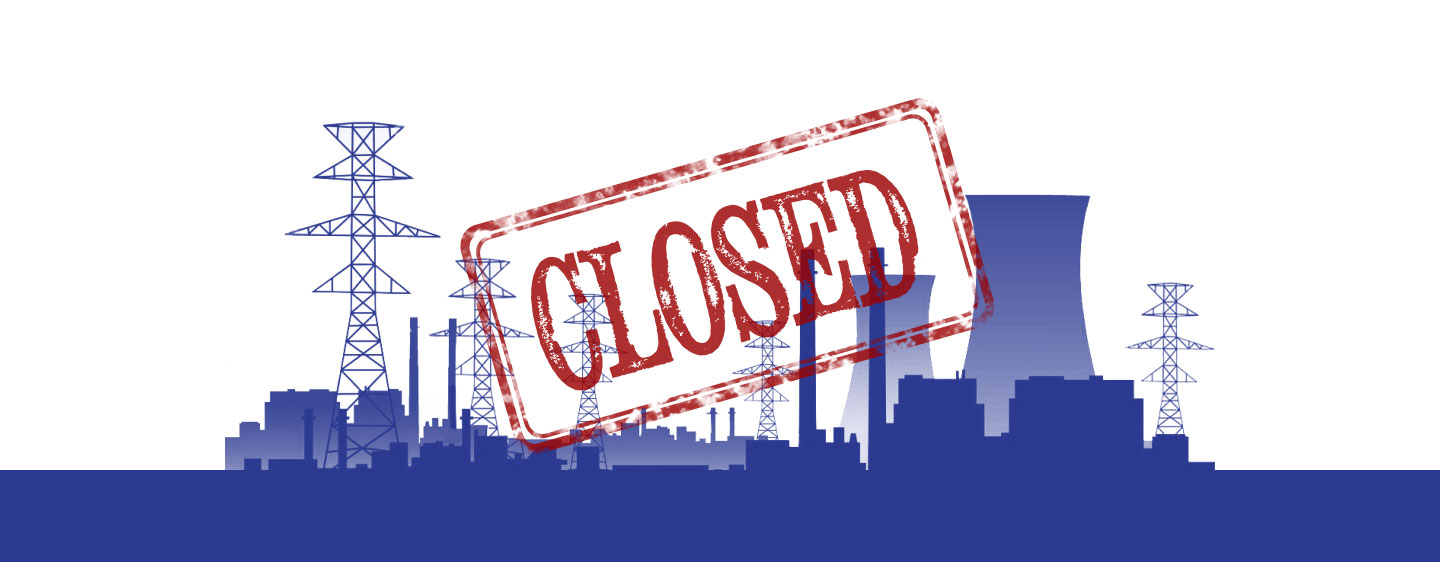This bankruptcy law should apply equally to all companies regardless of their ownership structure. PSUs should also go for bankruptcy if they can't compete.
The magnitude of public sector undertakings (PSUs) in India can be clearly observed by their participation in various private sector markets as well as the monumental losses they have incurred over the years. These PSUs are currently operating in a wide range of competitive sectors, like banking, insurance, telecommunication, hospitality, aviation etc.
It is often argued that PSUs are required to provide essential goods and services for the country, especially those related to critical sectors like mining, petroleum, electricity, and railways. But what are the grounds for providing goods and services like hotels, mutual funds, broadband, tea, textiles, and even sex toys? Does the government really have any business being in business? Does it need to provide goods and services that are already being provided by the private sector?
According to the Public Enterprises Survey of 2016-17, the net losses of loss-making centrally owned PSUs stands at ₹ 25,045 crore. As evidenced by falling productivity, inefficiency and rising number of sick public sector units, these government entities are loss-making vehicles that are draining our economy and its resources. This drain on the economy means people like you and me are losing our hard-earned money because any loss incurred by a PSUs, is in effect, a loss incurred by every Indian citizen. But how is this a loss for the people of India? That is because these public sector entities run on taxes paid by us. Hence, instead of misspending the taxes we pay and misusing the public resources of our country, a better use of these resources would have been to use them to provide better roads, rule of law, and education for all.
When a business or an entity is running in losses for an extended period, the next logical step is either sale or outright closing of it. The loss-making government enterprises should be subject to a similar treatment and the proceeds from the sale of assets owned by them should be put to a better use. A large amount of wealth is locked up in the form of public assets owned by such public sector entities and the government itself.
Given that the citizens of India are the true owners of these public assets, any proceeds flowing from the sale of any such assets should be returned to them. With a massive population of 1.3 billion people, the best way to return this income is through a common medium of exchange, that is, money directly in the hands of people. Only the people of India have a claim to this money and it should be used first and foremost, for our personal benefit and then for the benefit of the public.
The closure or sale of these government entities will have implications on many stakeholders associated with it. For instance, when a loss-making PSU is shut down, the employees will be required to find another job. In any such case, the concerned firm must meet all obligations towards its employees. This could be done by way of voluntary retirement schemes, offering remuneration for training employees for other government or private sector jobs etc. Similarly, for creditors and shareholders of these public sector entities, as per existing laws, such as the Companies Act, the law of contract, etc. All legal obligations will be met with before the sale of assets is initiated.
Further, we have an existing bankruptcy law in place, which has laid down all the necessary rules and processes to carry out insolvency resolution any corporation or partnership undergoing bankruptcy. This bankruptcy law can very simply be applied to loss-making PSUs as well. There is no reason why a government company should be treated differently than a private one if it can’t pay its debts. The same laws should apply to all. If a company cannot service its obligations, it should apply for bankruptcy regardless of ownership structure.

